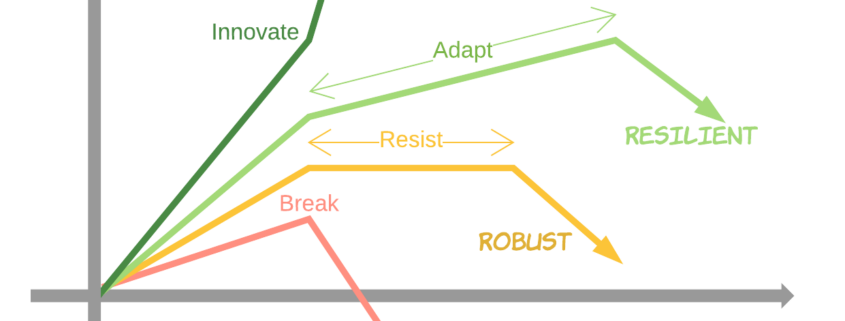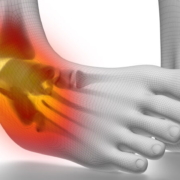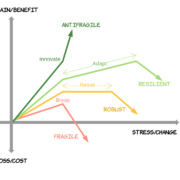Tracking Progress and Getting Stronger
TRACKING YOUR INJURY RECOVERY PROGRESS
Recovering from an injury takes time and tracking your injury recovery progress can be a challenging time for you. Your recovery process can be influenced by a large number of factors all influencing the time taken for you to fully recover. Depending on the severity, nature and duration of your injury, it can take longer to improve than initially expected. Tracking your recovery progress during this process is important for both you the patient and your physiotherapist. There are two key outcomes to consider when we are tracking your recovery, namely your pain and function. These include your pain levels, the severity and nature of your pain and the frequency of your pain to name a few. Your function includes things like the quality of your movement, stiffness or range of movement and your strength and endurance capacity.
We get the best results through investigation into changes in pain behaviour and changes in your overall function. Below are examples of questions that we may ask you when tracking your recovery from injury progress:
Pain
How much activity takes place before experiencing pain?
Are you experiencing pain less often throughout the day?
Does it take longer to provoke pain and does it settle down easier?
How has your pain changed during activities of daily function and sleep?
Do you find yourself less distracted by your pain?
Has the nature, area or associated symptoms of your pain changed? (Less sharp or duller? More isolated to a single area? Less associated pins and needles, numbness or swelling?)
If your pain has increased, what activities have you undertaken that may have contributed to this occurring? ie did some gardening, shifted some furniture, did an exercise class at the gym you thought would be ok but stirred up your symptoms etc.
Function
Have you seen an improved range of motion and quality of movement in the injured area?
Do you experience improved strength, endurance and power?
Have you gained the ability to perform previously challenging tasks?
Are you able to perform more of your everyday tasks with less difficulty?
Have you seen improvement in the quality of your sleep?
Do you experience less fatigue towards the end of the day?
During the recovery process, it is important for us to ask you these kinds of questions. It can be demotivating and frustrating when progress becomes stagnant and reaches a plateau. However, it may only seem stagnant due to the focus only being on the overall reduction in pain intensity. Being more aware of the wider range of improvements during your recovery process is a great source of motivation and optimism for your overall recovery process.
At Saanich Physiotherapy our highly skilled Physiotherapists are constantly tracking the progress of your injury recovery in order to tailor a customized rehabilitation and treatment plan for you. We do this by asking you the types of questions above and also by using our hands to palpate your muscles, joints, soft tissues, tendons, ligaments or nerves. We are skilled in feeling the quality of your tissues and can track changes in areas of your body such as your joint range of movement, your muscle pliability, regions or areas of tension or adhesions, muscle length, fascial or nerve tension, scar tissue pliability, amount or region of swelling or bruising.
Another way we can track your progress is to watch the way you move. This can be as simple as observing the way you walk, get out of a chair, sit, lie down, bend over to take off your shoes or remove items of clothing to more specific movements that relate to your particular injury and recovery such as squatting, running, hopping, lifting, gripping, lifting arms above head etc. We are observing how easy or difficult it is for you to perform these types of movements and all of this information assists us in determining how we progress your treatment and recovery process.
Through this process, along with education about function and pain, our goal is to help you to be adaptive to any future challenges that might come your way.











